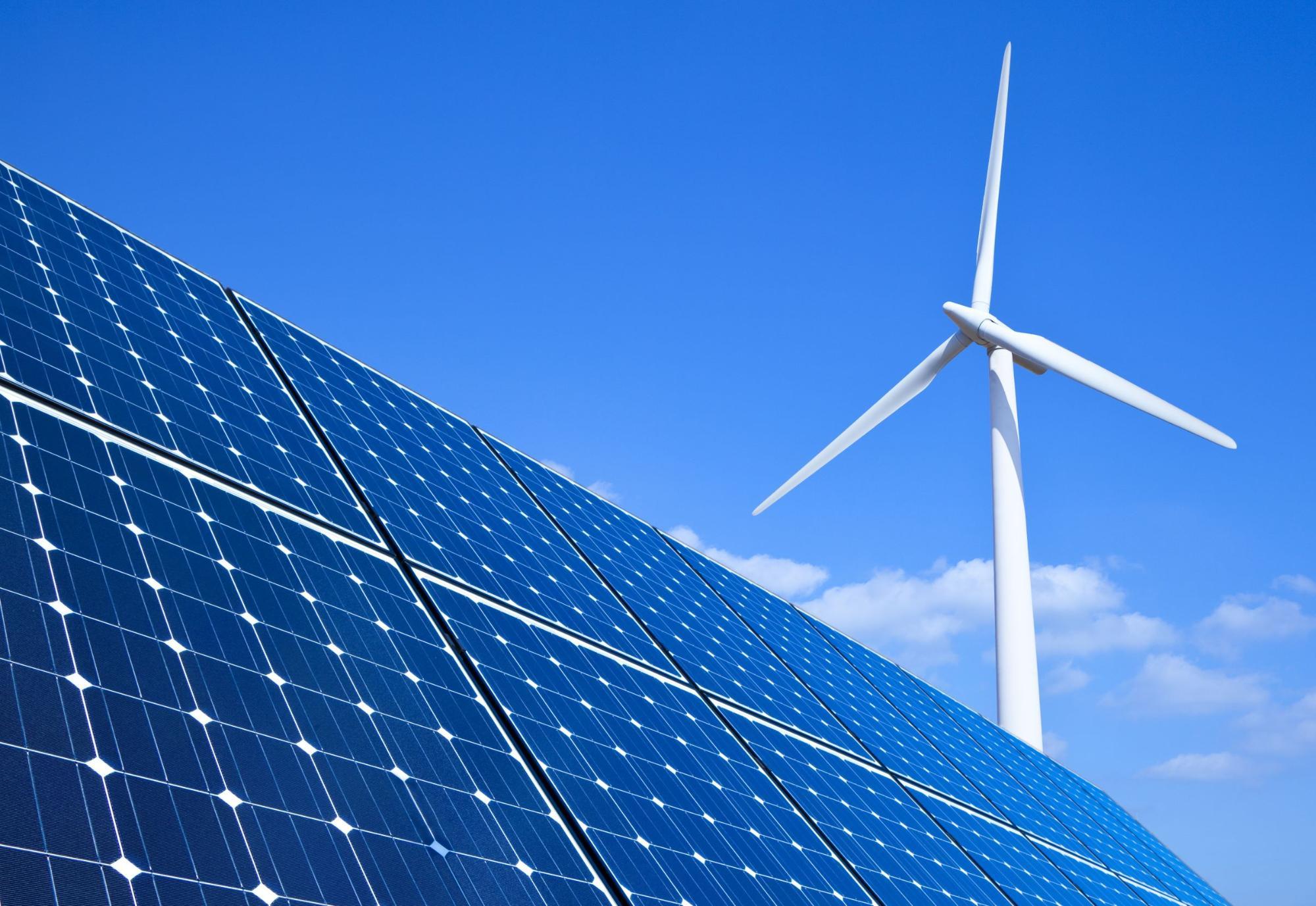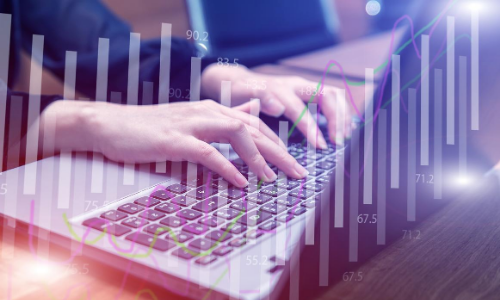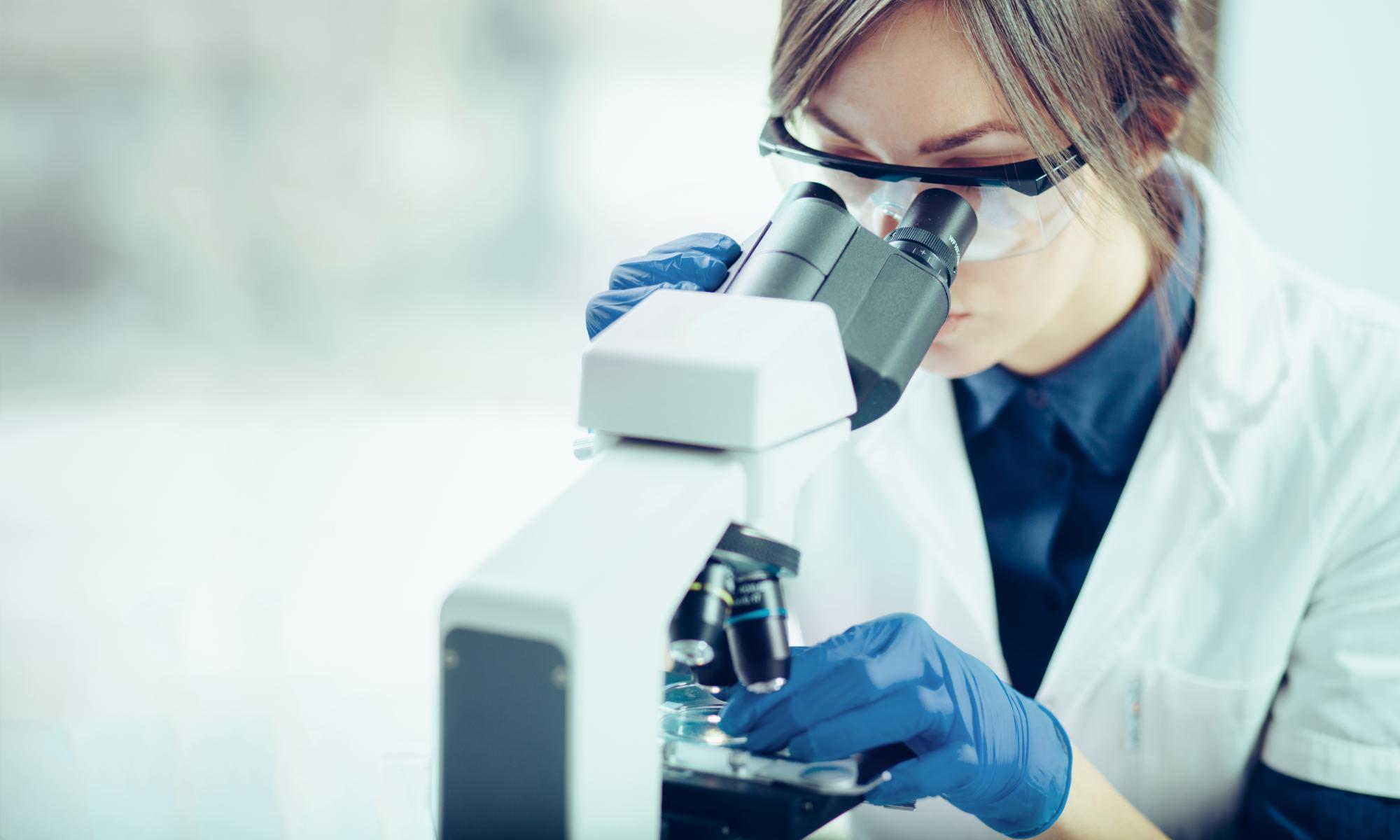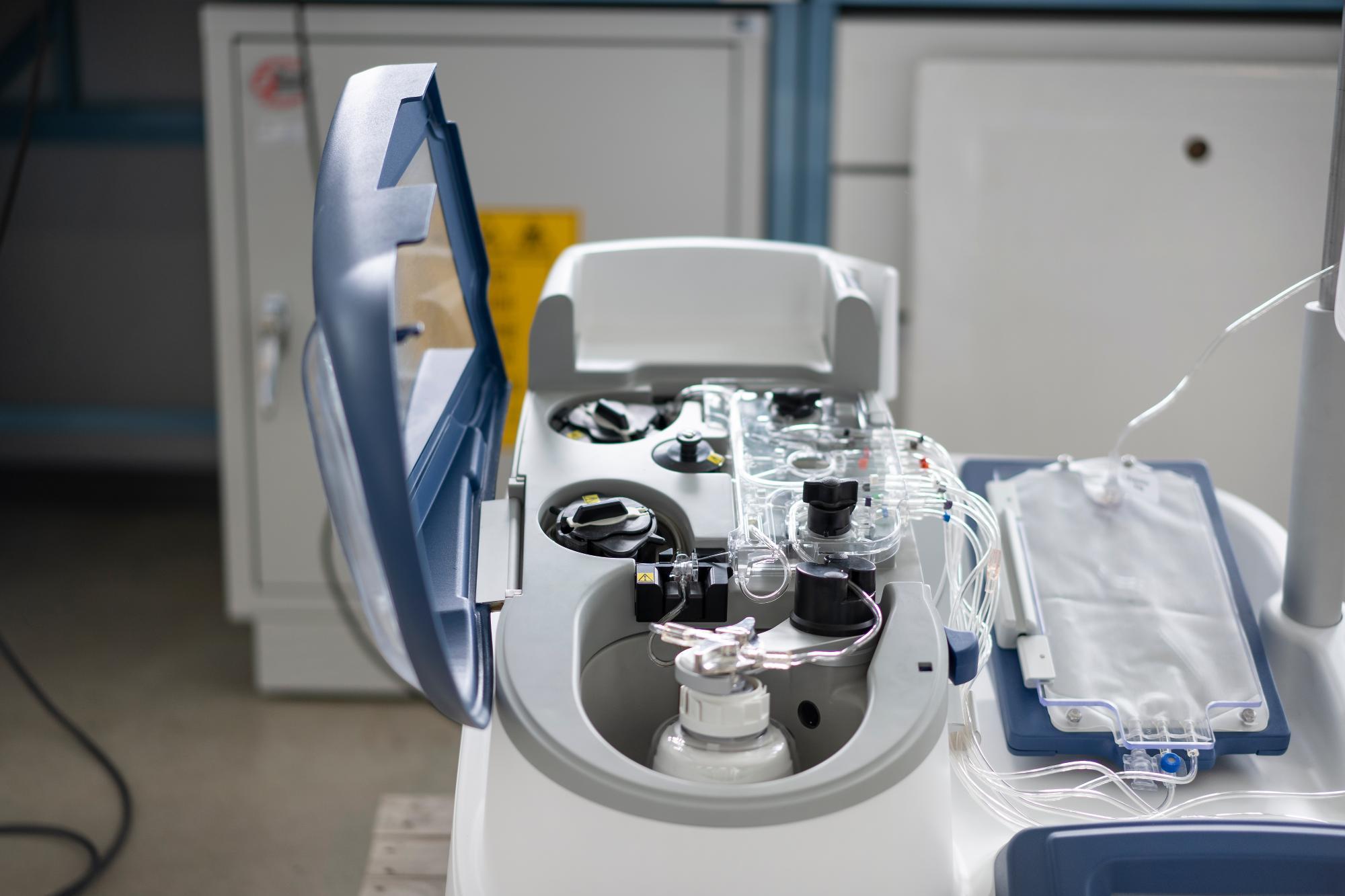MDBs’ climate finance in low- and middle-income countries reaches $41.5 billion in 2019

- The 2019 report covers MDBs’ climate finance across all countries for the first time.
Climate financing by seven of the world’s largest multilateral development banks (MDBs) accounted for $61.6 billion in 2019, of which $41.5 billion (67%) was in low- and middle-income economies, according to the 2019 Joint Report on Multilateral Development Banks’ Climate Finance. The study expands the scope of reporting for the first time to all countries of operation. It now provides data on MDB climate finance commitments beyond those directed solely at developing and emerging economies, but with the focus remaining on low- and middle-income countries.
This year the report combines data from the African Development Bank (AfDB), the Asian Development Bank (ADB), the European Bank for Reconstruction and Development (EBRD), the European Investment Bank (EIB), the Inter-American Development Bank Group (IDB Group), the World Bank Group (WBG) and – for the first time – the Islamic Development Bank (IsDB), which joined the working group in October 2017. In 2019, the Asian Infrastructure Investment Bank (AIIB) also joined MDB working groups, and its data are presented separately within the current report.
Vice-President Emma Navarro, responsible for climate action and the environment, said: “MDBs have a key role to play in ensuring a green recovery that is inclusive and aligned with the Paris Agreement. The report published today shows that our MDB family is on track to meet our commitments to scale up support for climate change mitigation and adaptation projects. At the EIB, we are determined to continue our strong contribution to those efforts. Last year, our bank represented one-third of total MDB climate finance, and around half of our financing in low- and middle-income countries targeted climate action projects. As the EU climate bank, we stand ready to work with our MDB peers and other stakeholders to support a green recovery in every country where we work.”
The 2019 report shows that $46.6 billion – or 76% of total financing for the year – was devoted to climate change mitigation investments that aim to reduce harmful greenhouse gas emissions and slow down global warming. Of this, 59% went to low- and middle-income economies.
The remaining $15 billion, or 24%, was invested in adaptation efforts to help countries build resilience to the mounting impacts of climate change, including worsening droughts and more extreme weather events, such as extreme flooding and rising sea levels. 93% of this finance was directed at low- and middle-income economies.
Additional climate funds channelled through MDBs, such as the Climate Investment Funds (CIF), the Global Environment Facility (GEF) Trust Fund, the Global Energy Efficiency and Renewable Energy Fund (GEEREF), the European Union’s funds for Climate Action, and the Green Climate Fund (GCF), play an important role in boosting MDB climate financing. In 2019, the MDBs reported a further $102.7 billion in net climate co-finance – investments from the public and private sector – taking total climate activity financed in the year to $164.3 billion.
The report shows that the MDBs are on track to deliver on their increased climate finance levels. In New York in 2019, the MDBs’ high-level statement highlighted that their global annual climate finance was expected to collectively total at least $65 billion, with $50 billion for low- and middle-income countries by 2025, and that MDB adaptation finance was expected to double to $18 billion by 2025.
This year’s enhanced reporting is in line with the commitments made at last year’s summit, presenting MDBs’ global climate finance data in a transparent, consistent and comprehensive manner. The MDBs have reported on climate finance since 2011, based on a jointly developed methodology for climate finance tracking. The MDBs’ provision of climate finance contributes to fostering global financial flows consistent with development pathways that reduce greenhouse gas emissions and are resilient to climate change.
The 2019 edition of the Joint Report on Multilateral Development Banks’ Climate Finance is being published in the midst of the COVID-19 pandemic, which has caused significant social and economic disruption, temporarily reducing global carbon emissions to 2006 levels. Countries are now facing parallel threats from COVID-19 and climate change, but this also represents a unique opportunity to “build back better” by planning investments for more sustainable systems in place of the current carbon-intensive approach. Global commitment is necessary to deploy financial resources, such as stimulus and recovery packages to help build inclusive, low-carbon and climate-resilient economies.


